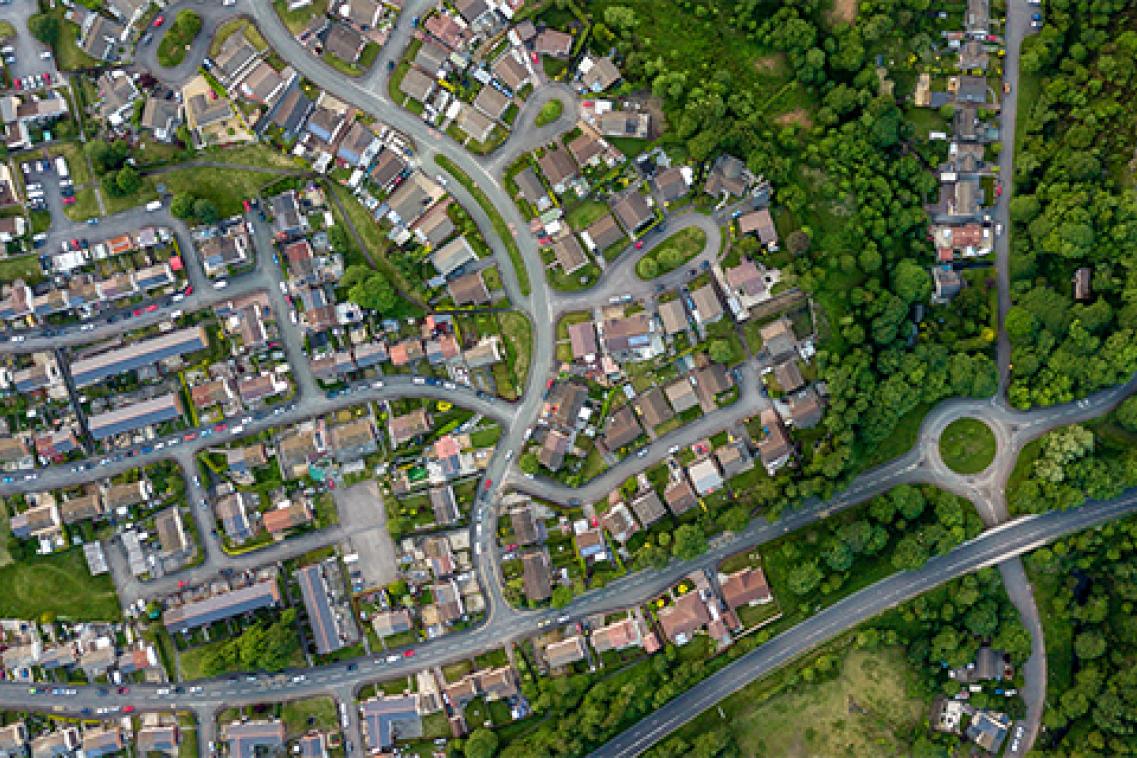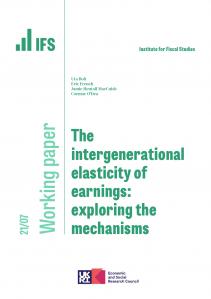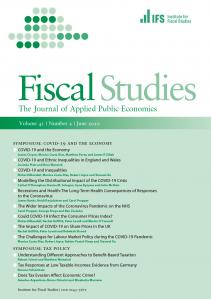Event
2 October 2020 at 11:00
<p>Please see above for details on how to watch this event online.</p>
The Chancellor, Rishi Sunak, faces a difficult balancing act at this year’s Spending Review. At this event, IFS researchers will present the findings of two chapters of the forthcoming Green Budget, addressing the big questions around the 2020 Spending Review and ‘levelling up’.








































